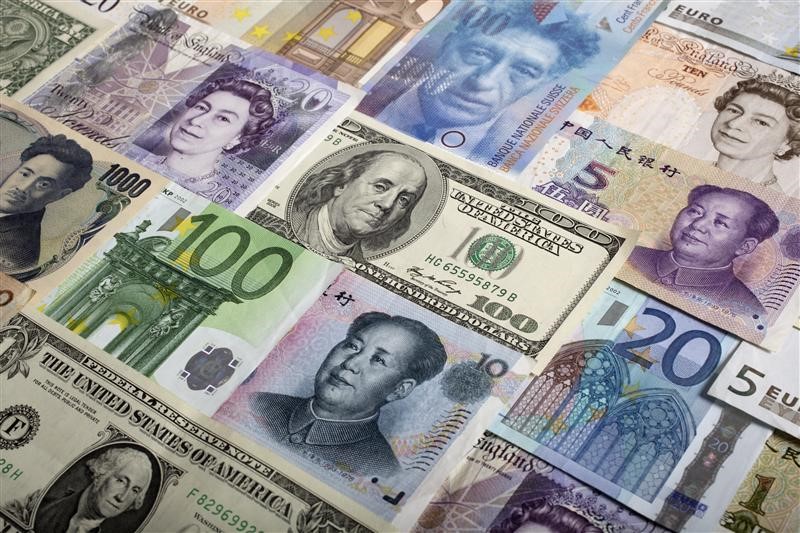Yellen Affirms Strong US Stance Against Currency Manipulation, Downplays Dollar Dethronement Fears
WASHINGTON – In a recent interview, US Treasury Secretary Janet Yellen reiterated the United States’ unwavering commitment to combating currency manipulation by other nations seeking an unfair trade advantage. While acknowledging the potential for such practices, Yellen stated that currently, no significant market interventions warranting US action are apparent. Her remarks arrive amidst speculation surrounding China’s potential plans to allow its currency, the yuan, to depreciate against the dollar in the coming years. This move is reportedly being considered as a countermeasure to anticipated higher tariffs under the incoming Trump administration. Yellen emphasized the importance of market-determined exchange rates and reassured markets that the Biden administration adheres to this principle. She also dismissed concerns about the dollar’s dominance in global finance, asserting that no other currency currently possesses the necessary infrastructure and widespread acceptance to challenge its status.
The Secretary’s comments, while not directed at any specific country, carry significant weight given the recent reports regarding China’s currency considerations. The US Treasury’s ongoing monitoring of China’s foreign exchange practices, coupled with previous accusations of currency manipulation during the Trump administration’s trade war, highlights the sensitivity surrounding this issue. Although the Treasury’s latest report found no evidence of manipulation by major trading partners, China remains on a monitoring list due to its substantial trade surplus with the US and concerns about its exchange rate transparency. Yellen’s firm stance against manipulation underscores the Biden administration’s commitment to fair trade practices and its vigilance against actions that could undermine US economic interests.
Yellen’s assertions regarding the dollar’s resilience as the world’s reserve currency provide further stability amidst ongoing global economic uncertainty. Her confidence in the dollar’s enduring strength rests on its widespread use in international transactions, financial markets, and central bank reserves. No other currency, she argued, currently enjoys the same level of global acceptance and integration, making a near-term shift in reserve currency status highly improbable. This reassurance comes as various countries explore alternative trade settlement mechanisms and consider diversifying their reserve holdings.
The backdrop of the upcoming Treasury report, expected in April 2025 under the incoming Trump administration, adds another layer of complexity to the currency debate. The administration’s trade policies and approach to currency issues will likely be closely scrutinized, particularly regarding China. Yellen’s emphasis on open communication channels with China highlights the importance of dialogue in managing economic disagreements and fostering cooperation on shared global challenges. She underscored the value of these communication channels in preventing misunderstandings and escalating tensions, particularly in sensitive areas like export controls and investment restrictions.
Yellen’s two-year effort to rebuild US-China economic ties serves as a crucial foundation for navigating the potential challenges ahead. The incoming Trump administration will inherit a complex relationship marked by trade disputes, technological competition, and diverging geopolitical interests. Maintaining open lines of communication and a willingness to engage in constructive dialogue will be essential for managing this intricate relationship and preventing further economic and political friction. Yellen’s legacy of fostering communication and emphasizing the importance of international cooperation will likely influence future US-China economic interactions.
Looking ahead, the global currency landscape will undoubtedly remain a focal point of international economic relations. The interplay between trade policies, currency valuations, and geopolitical dynamics will continue to shape international trade and investment flows. The US, under its new administration, will face the ongoing challenge of balancing its domestic economic interests with the need for international cooperation and stability in the global financial system. The stance taken by the incoming Treasury Secretary on currency manipulation and the dollar’s global role will significantly influence the trajectory of these complex interactions.





